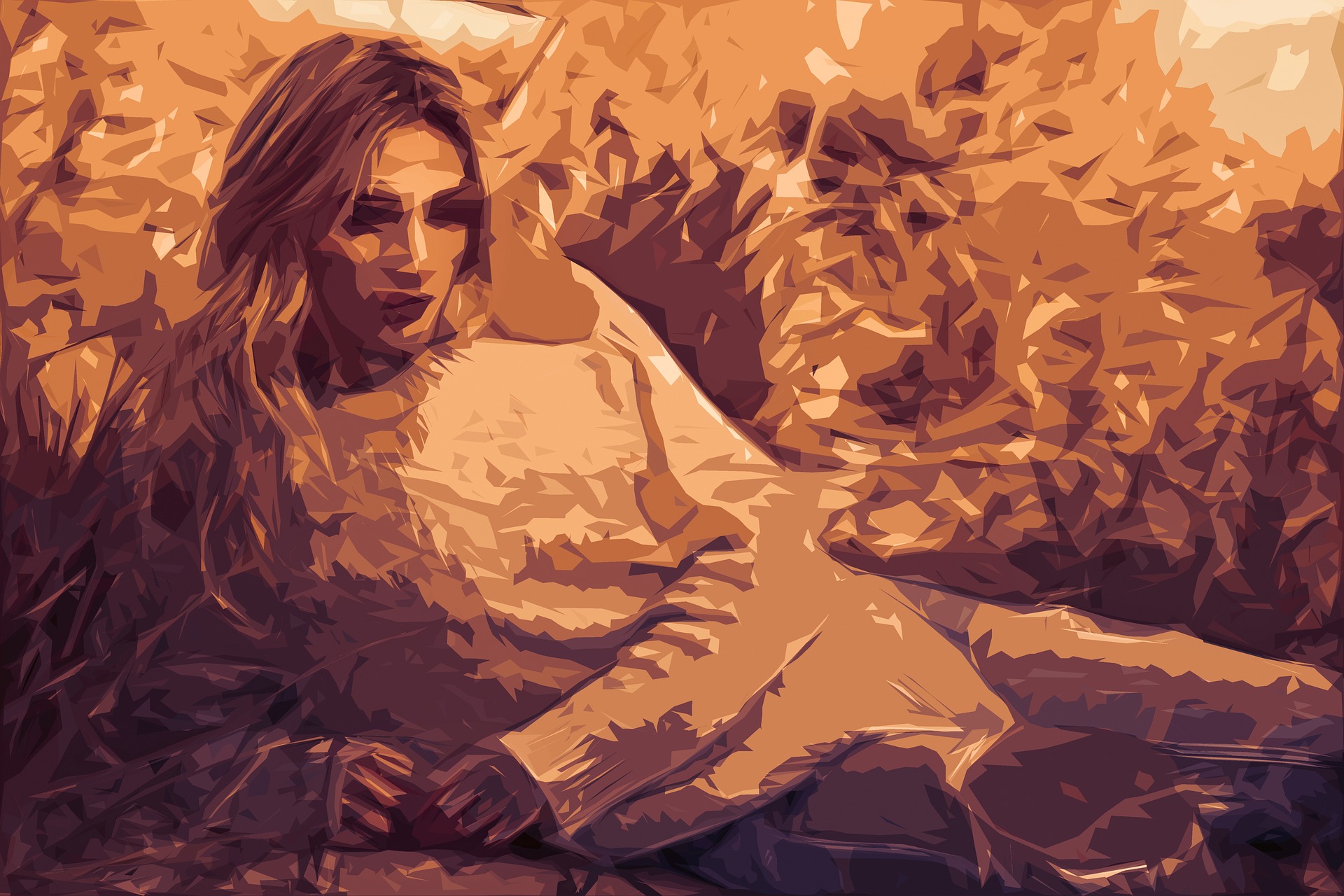I’m tired of having to prove myself as a Sephardic Jew
Published October 2, 2019

This story originally appeared on Alma.
My freshman year in college, I met a woman who identified as a Mizrahi Jew. When I told her I was Sephardic, she was shocked. Taking a look at my blonde hair and green eyes, she laughed. She didn’t mean it in a malicious way — I just did not conform to her stereotype of Sephardic Jews.
ADVERTISEMENT
I was used to this reaction. While I was raised Jewish and feel incredibly Jewish — I had a bat mitzvah, I went to Jewish sleepaway camp, the list goes on — I’ve always felt like I have to prove myself because of the way I look and the fact that I’m adopted. I want to own all my identities — Jewish, Sephardic, adopted, French — but every time I have to validate my identity, it makes me feel a little less part of “the tribe.”
I grew up in a Sephardic Moroccan-French household. I’m technically both Ashkenazi (from my father) and Sephardic (from my mother), but our family followed mostly Sephardic traditions. My ancestors fled Spain during the Spanish Inquisition and found asylum in North Africa. My grandfather, aka my “Pepe,” grew up in Algeria, and my grandmother, “Meme,” grew up as the daughter of an affluent rabbi in Marrakesh, Morocco.
According to my mother, being Sephardic is a way of life. My childhood home was a revolving door of music, laughter, family and endless dishes of couscous. (Truly endless!) My parents had a traditional wedding in a Sephardic temple in Beverly Hills and my father had no problem raising me Sephardic.
The Sephardic side of my family is massive. We all speak French, dance at inappropriate times and have no problem (loudly) sharing our opinion. When I was younger, I would beg my mom to tell me stories about growing up in Morocco and France. She would tell me about my great-grandfather and how all the Jews in Marrakesh would travel from near and far to seek his wisdom and pray with him. When Morocco gained independence from France, my family was forced to flee (yet again) and find refuge in the southwest of France. In the 1960s, France was very anti-Semitic (still is), my mother was harassed at school for being a Jew and discriminated against by her teachers. My family would light the Shabbat candles in the basement in the dead of night as a precaution.
In San Diego, my mom found a community that shared a similar background with her. We would spend late nights with other French-Moroccan Jews laughing, yelling over each other and discussing the current French political climate. One of our family friends would make this kosher chocolate cake that was to die for. We didn’t get together all the time, but when we did, it was incredible. Most of the kids were older than me, so they taught me how to swear in French and about trendy French fashion. When I was in high school, my mom started sharing her Sephardic culture with her non-Jewish friends. She would have couscous parties, where we would all wear caftans. I’ve always felt so loved and embraced, and growing up, there was never any question as to where I belonged.
ADVERTISEMENT
Yet there has always been a tiny voice in my subconscious reminding me that I wasn’t born Sephardic, and that any day, someone might say to me, “You’re not Sephardic, you’re not even a Jew.”
And now that I’m away from home, I find it more difficult to celebrate my Sephardic roots and customs. I’m very involved in Hillel at my college, and teach at my local Hebrew school, but both organizations tend to lean toward more Ashkenazi traditions. As I’ve gotten older, I feel disconnected from that Moroccan Sephardic community that I had in my hometown.
I felt this especially on Passover. Growing up, Mimouna, a Moroccan Jewish holiday to commemorate the end of Passover, was my favorite. It was a huge party where the whole French-Moroccan community gathered in one place and ate a ridiculous amount of hametz. I remember stuffing my face with Nutella crepes, chocolate chip challah, honey cake and so many cookies. It was truly the best night of the year.
This year, my family celebrated Mimouna without me. It was difficult to be hundreds of miles away at college. I treated myself to some Nutella crepes from my favorite place in Salt Lake City, but it wasn’t the same. My family FaceTimed me from their Mimouna celebration and passed the iPhone around to my cousins, aunts and uncles. But I felt disconnected; I couldn’t taste Meme’s couscous through the screen.
While it was hard not to be there, it also reminded me of who I am.
Next year, I plan to have my own celebration with my Jewish family in Salt Lake City that I’ve found through Hillel. Sharing my Sephardic culture with my friends is something I’ve always wanted to do, and luckily, they seem excited about it.
My Sephardic heritage isn’t going away just because I’m not near my community right now. And my Jewish identity can never truly be questioned, even if others don’t think I look the part. I have so many identities that make me powerful — Jewish, adopted, Sephardic and Ashkenazi — and that will always be true.















